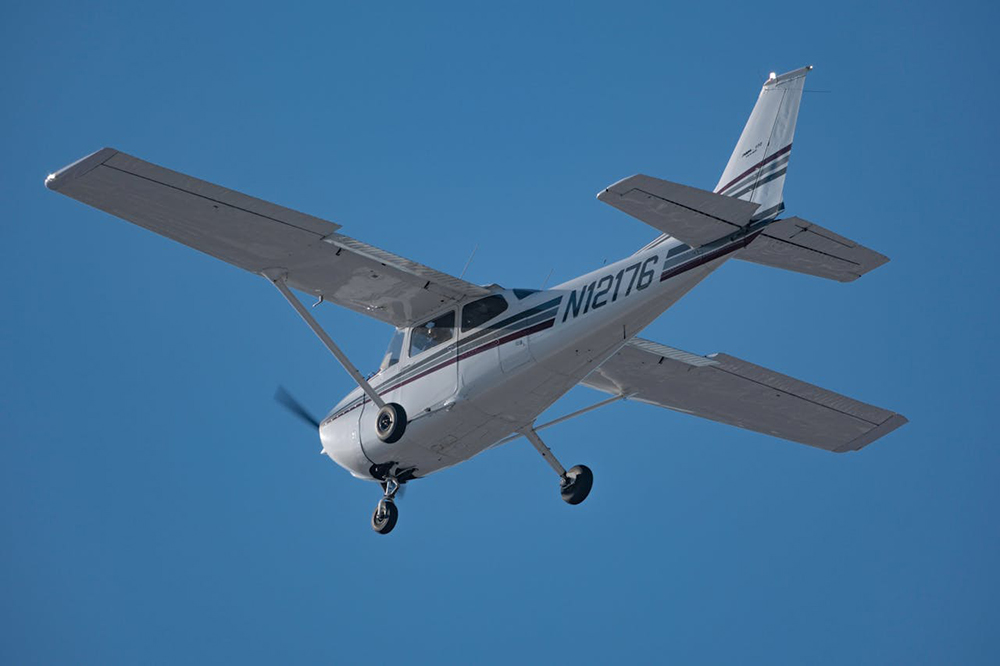Flying a single-engine plane can be an exhilarating experience, offering unparalleled freedom to travel and explore. However, like any private aircraft, single-engine planes come with unique safety and insurance considerations.
How Single-Engine Planes Differ From Other Private Aircraft
Relying on one engine for propulsion impacts the aircraft’s performance, maintenance, and risk profile.
- Affordability: Single-engine planes are generally more cost-effective to purchase and operate than multi-engine aircraft. They use less fuel, require simpler maintenance, and have lower upfront costs. You’ll have many models and styles to choose from.
- Ease of use: They are often easier to operate and maintain, making them a popular choice for recreational or novice pilots. Smaller planes can also land on shorter runways, giving you access to more remote or rural locations.
- Performance limitations: Single-engine planes are typically smaller, slower, and have shorter ranges than their multi-engine counterparts. Their limited capacity can be ideal for shorter trips but less suitable for long-haul or high-altitude flights. These planes are also more susceptible to adverse weather conditions, requiring careful planning before every flight.
- Engine dependency: The significant difference lies in safety. If your single engine fails, it will force you to perform an emergency landing.
What Happens if the Engine Fails?
Advancements in engine technology have made failures increasingly rare, but it’s a scenario you must prepare for. If the engine dies, the aircraft essentially becomes a glider. While these circumstances are unsettling to consider, the hours of practice required to obtain a pilot’s license should prepare you to deal with a crisis.
Your training and quick thinking are crucial in executing a safe emergency landing. Stay calm, notify air traffic control, and follow established protocols while identifying a location to land.
Insurance Implications for Single-Engine Planes
Insurance policies designed for single-engine planes account for their specific safety and operational risks.
- Single-engine planes generally have lower insurance premiums than multi-engine aircraft due to their lower value and cost of repairs.
- Whether you’re a private pilot or managing a fleet, liability coverage protects you in case of property damage or injuries resulting from an accident.
- Hull insurance covers the cost of repairing or replacing your plane in case of an incident, such as an emergency landing due to engine failure.
- The more flight hours and certifications you have, the lower your premiums may be.
Ingram Aviation Insurance specializes in creating custom policies for single-engine planes. Our team understands the unique risks associated with these aircraft and works to provide coverage that meets your needs. Whether you’re a first-time buyer or a seasoned pilot, you can trust us to simplify the complexities of aviation insurance while you focus on your next adventure.
Ready to Fly With Confidence?
Single-engine planes are a fantastic option for many private pilots, offering affordability and accessibility without sacrificing the joys of flight. Understanding their safety and insurance implications ensures you can make an informed decision and protect your investment.
If you’re ready to take to the skies, contact Ingram Aviation Insurance today. We’ll help you secure tailored coverage that protects you as you chase the horizon.

